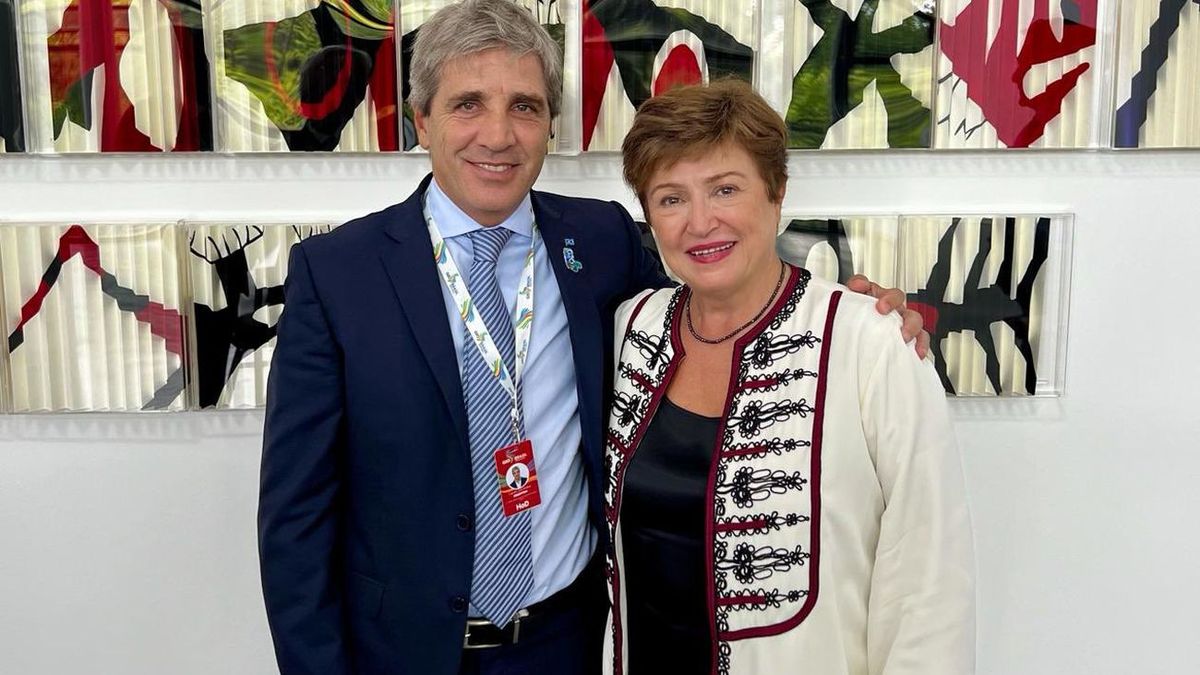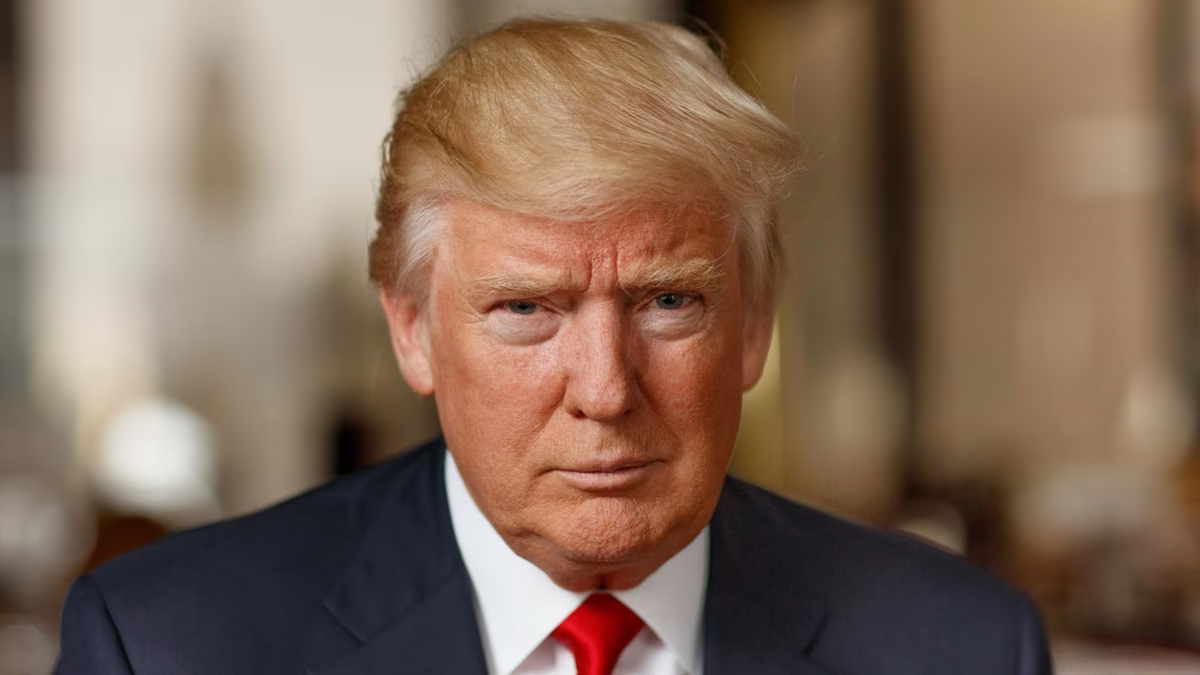This emerges from the document, released this weekend, in which the executive board (board) of the organization reported on the approval of the evaluation Former Post of the agreed program in 2022, during the management of Alberto Fernandez. It should be noted that, as provided by statute, all assistance that provides financing that exceeds the quota of each country must be evaluated.
“Paving the way to regain market access will depend on a credible strategy to remove exchange controls, greater exchange rate flexibility and a more significant role for monetary policy,” holds the document.
In this regard, the president Javier Mileiin more than one public statement, indicated its intention to lift the stocks and move towards exchange rate unification as soon as the conditions are met, including the recovery of the Central Bank’s reserves.
The Fund assessed that the strong accumulation of foreign exchange reserves during 2024 reflected the 120% devaluation in December 2023, the relief of drought conditions and the tax amnesty.
“At the same time, the presence of extensive exchange controls – which will need to be removed to alleviate distortions and regain access to capital markets – and the appreciation of the real exchange rate as a result of the preservation of a slow crawling peg, could make the continued accumulation of foreign exchange reserves challenging,” the document warns.
At this point, the Government has reaffirmed its intention to continue slowing down crawling, that is, lowering it to 1% per month, if inflation remains the same or drops below 2.5% per month.
Furthermore, the IMF indicates that “with fiscal policy anchored on a fixed objective (budgetary balance), maintaining external competitiveness and smoothing fluctuations in response to shocks would require both a more effective mechanism for external adjustment, in particular greater exchange rate flexibility, as a stronger role for monetary policy. specifically, guarantee a positive real policy interest rate that adequately responds to the evolution of inflation to guarantee internal balance and at the same time support external stability objectives.”
Milei Georgieva G7
“The most impressive case in recent history is Argentina,” was the last reference from the head of the FMI towards Milei’s management.
Reuters
Here the Fund again issues an alert by pointing out that “These considerations suggest that, despite making strong progress in recent months, the path to resolving Argentina’s balance of payments problem remains challenging.”
These are paragraphs in which the organization raises its differences with the policy implemented by the Ministry of Economy. The issue is not new for the holder of the portfolio, Luis Caputo. The current head of the Treasury Palace had to resign as president of the Central Bank, on September 25, 2018, for having decided to intervene in the exchange market against the opinion that the Fund’s technicians had at that time, as commented then.
Fiscal anchor
The IMF praises the fiscal policy of the Argentine Government. He considered that “The establishment of a strong fiscal anchor, which eliminated deficit financing by the Central Bank, put in place the key element missing from the original program” (with reference to what was agreed in 2022).
However, he also points out that To sustain and consolidate the initial advances in stabilization, it will probably be necessary to expand the fiscal reform effort and further improve social conditions to strengthen the population’s acceptance.
The agency considers that in addition to high-quality fiscal measures (including improving the progressivity of the personal income tax and reducing subsidies), “A considerable part of the initial fiscal change was achieved through deep cuts to discretionary spending, including public investment and wages, as well as through temporary or one-time cuts” with reference to the elimination of the Country Tax or the tax amnesty.
The Fund’s recommendation is that “As macroeconomic stability takes hold, policies would need to shift toward making fiscal gains more durable by addressing the structural fiscal problem.”
Other proposals refer to the fact that automatic cost recovery of energy tariffs, improve the sustainability of the pension system and the public wage bill, reduce the distorting nature and complexity of the tax system and improve flexibility in fiscal relations with the provinces.
In tax matters, the Government has already announced that it will send to parliament a tax reform project that contemplates reducing the amount of taxes to just half a dozen. Another of the initiatives that the Executive Branch plans to send to Congress refers to labor and pension reforms.
Likewise, he states that “The sustainability of fiscal consolidation will also depend critically on its social acceptance.” Although it recognizes that the authorities have significantly increased social benefits and improved protection against inflation of salaries and pensions, it refers to the rise in the poverty rate and points out that “Further strengthening of social support may be necessary if this trend is not reversed.”
The document refers to the fact that poverty exceeded 50% of the population at the beginning of last year. However, a recent calculation by the Ministry of Human Capital estimates that in the third quarter of 2024 poverty was around 38.9%.
These considerations of the Fund become more relevant at a time when national authorities are negotiating a new agreement with the organization. Following the errors that the IMF has been making in its economic policy recommendations (as demonstrated by the failure of the program implemented during the previous administration), analysts point out that “The Fund has little authority to make suggestions”.
It is also interpreted that economic management faces these negotiations in an advantageous position. Not only because of the results achieved by the economic program – which the Ministry of Economy was in charge of clarifying that was prepared without technical assistance from the IMF – but also because the country’s external emergencies have diminished and other emergencies have opened possibilities of obtaining credit such as the offer of important international fundsaccording to the president Milei.
In any case, analysts consider that it is highly probable that a short-term agreement will be signed between the IMF and the government.
If you speak, in this sense, of the disbursement of some 11 billion dollarsa figure that would not be coincidental since it would respond to the part of the original agreement signed during the presidency of Mauricio Macri that was not used.
It is speculated that, in this way, the Executive Branch could prevent congressional approval of this debt, although in official sources there are those who they doubt that it is possible to avoid passing through Parliament.
Source: Ambito




